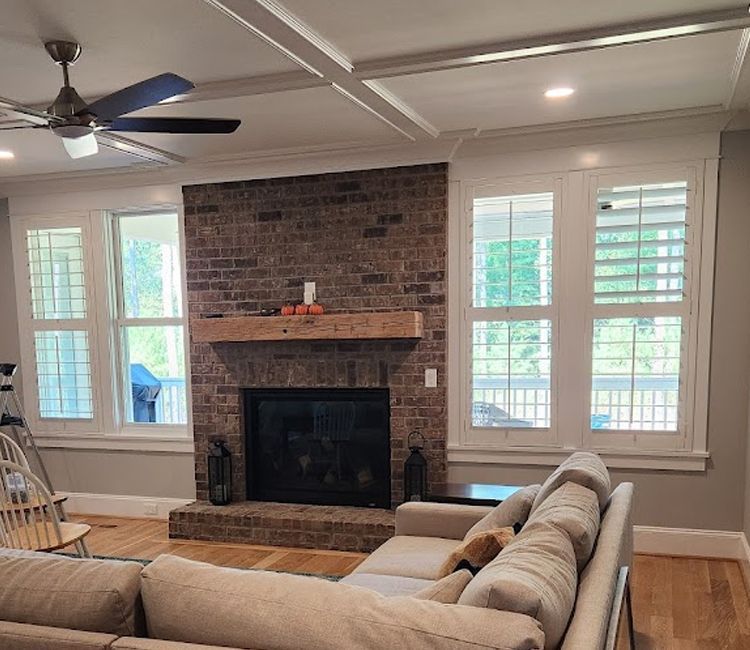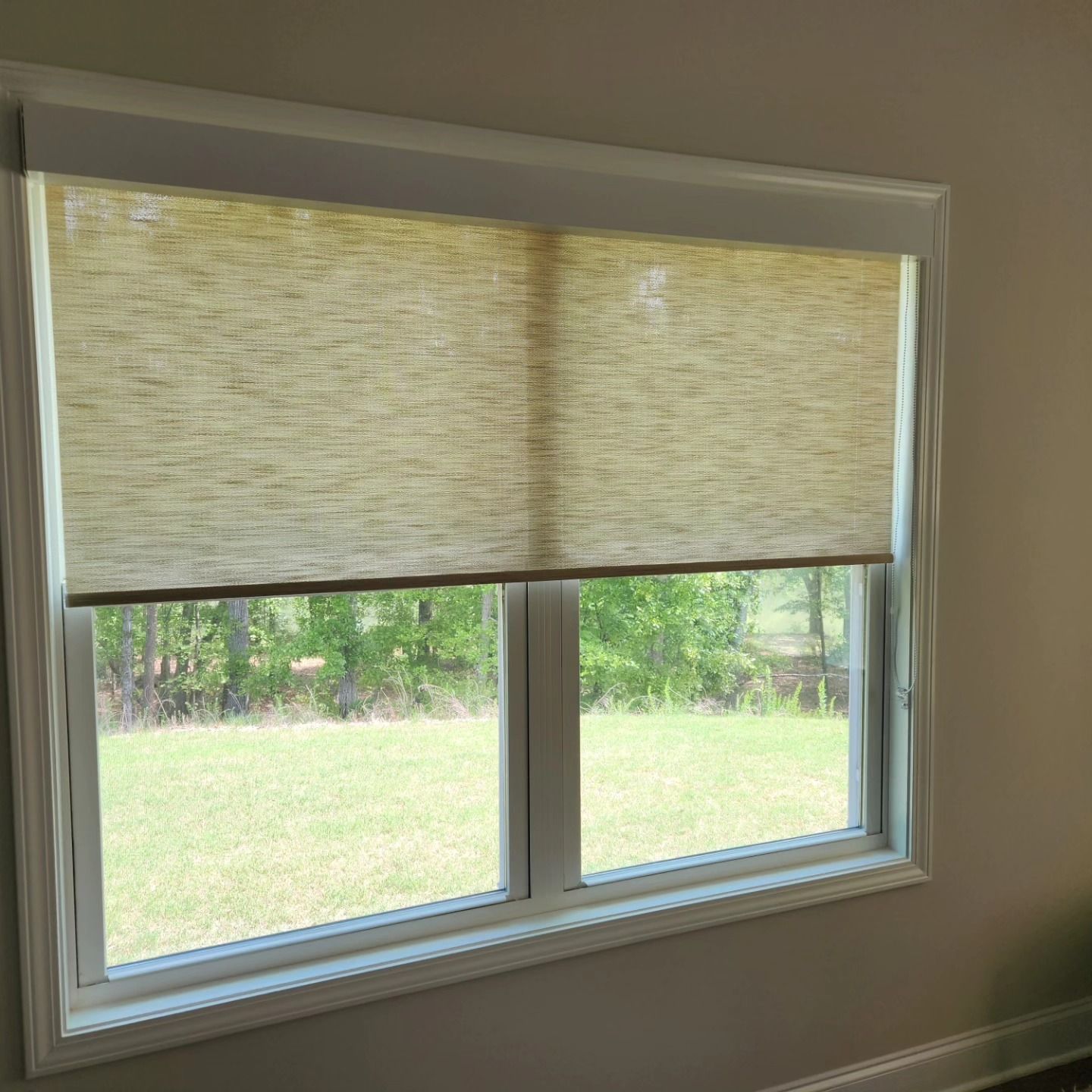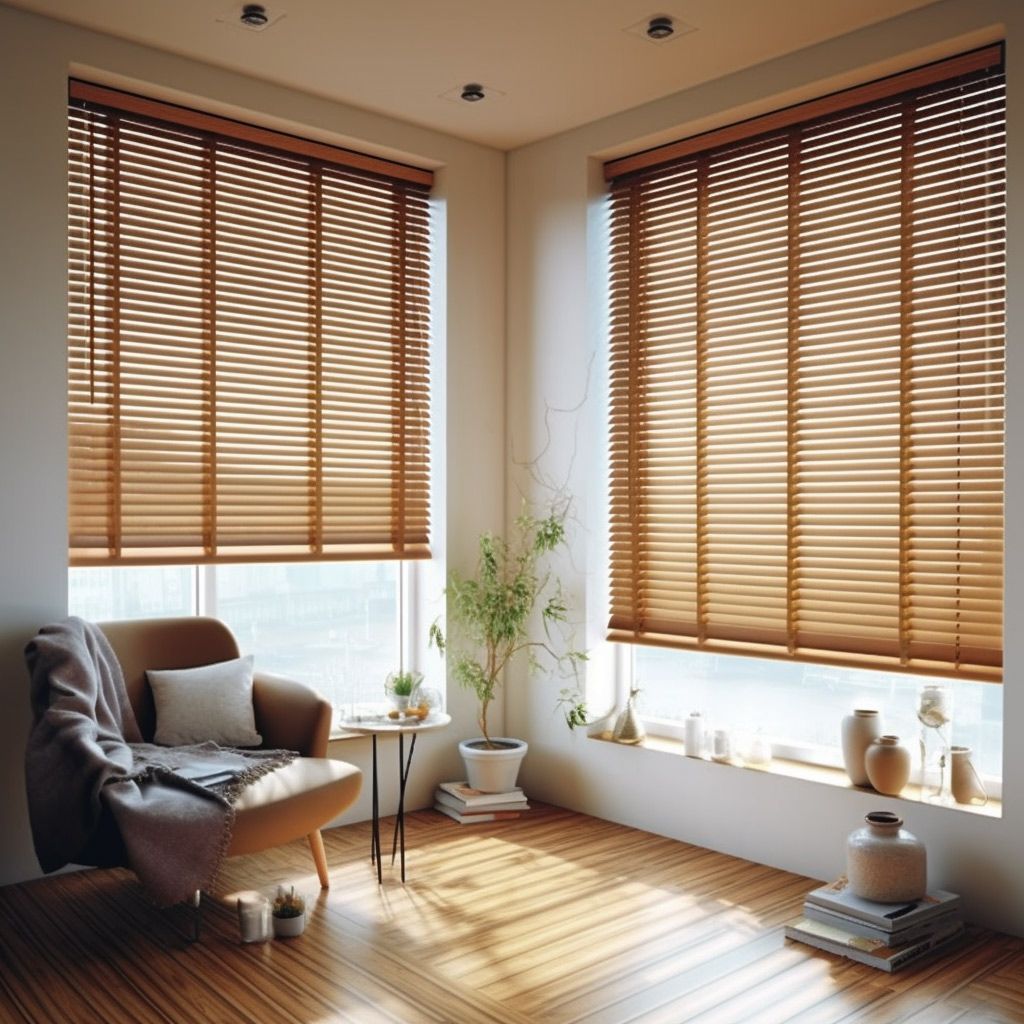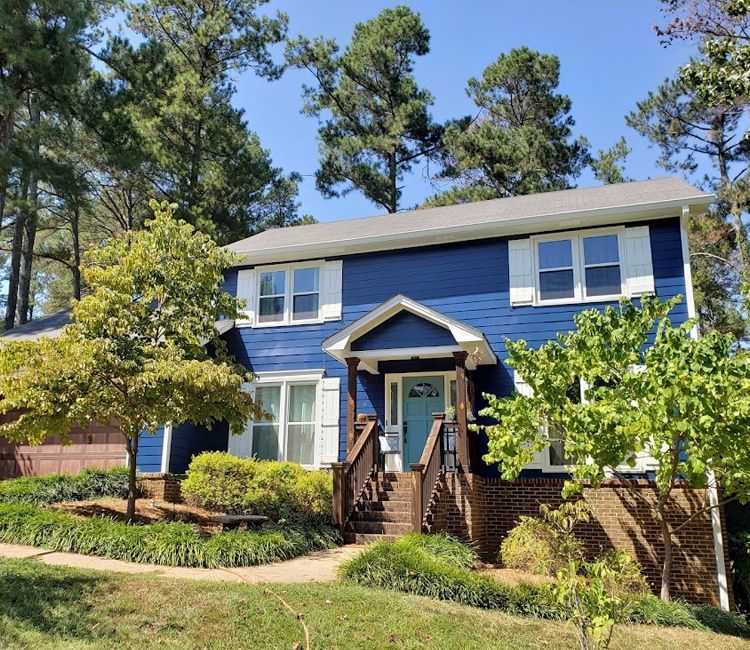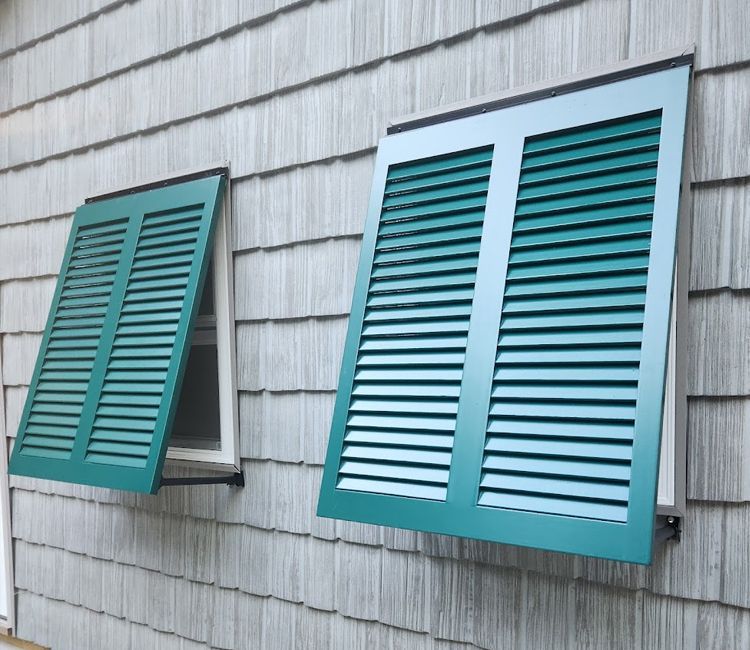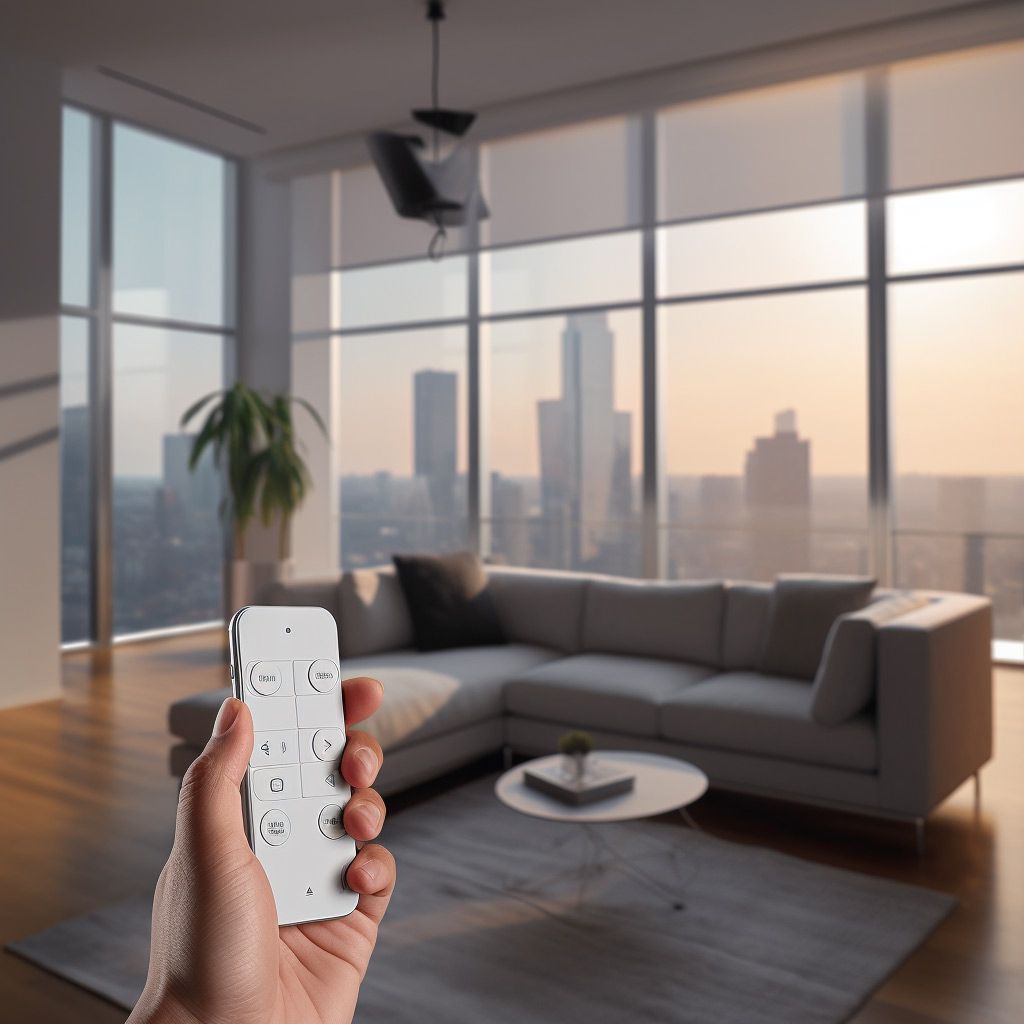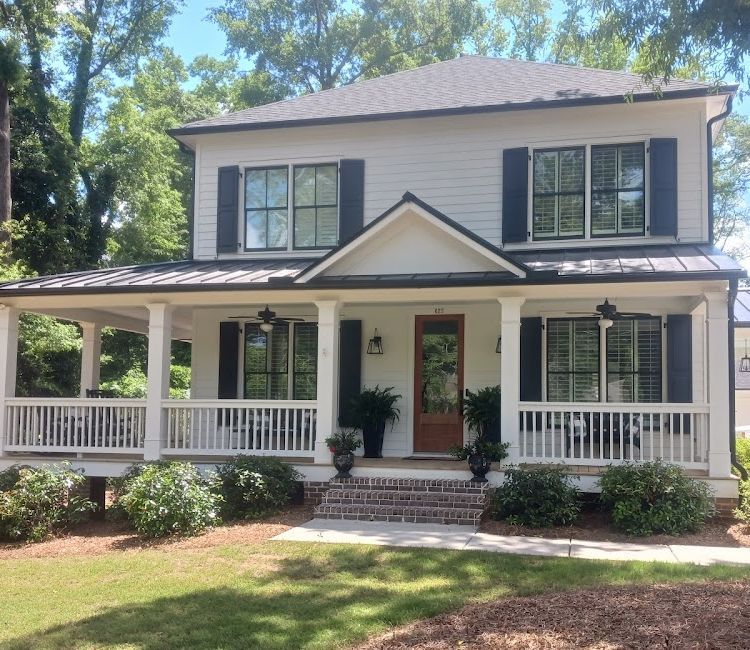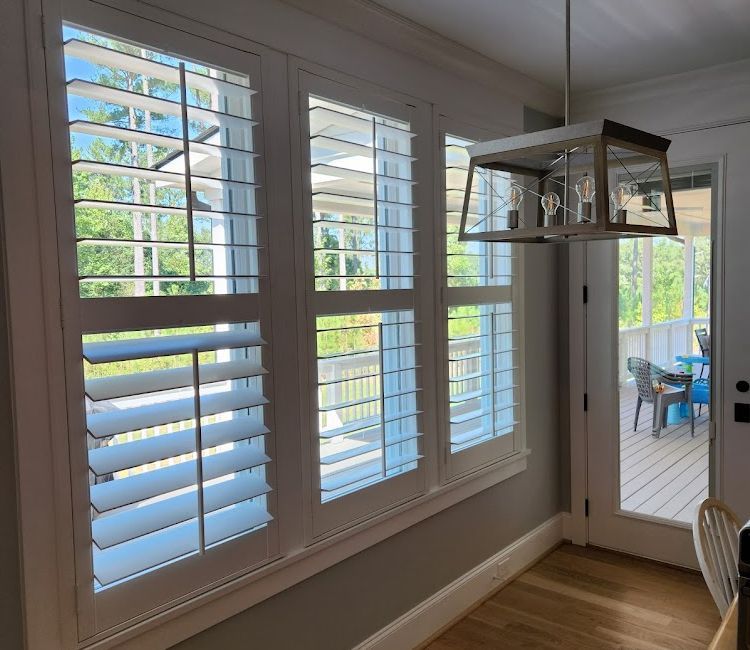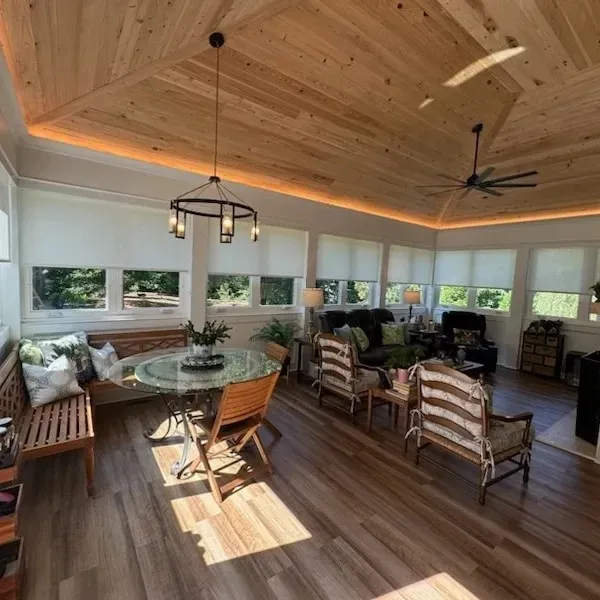Plantation Shutters vs. Blinds: Which Is Right for Your Athens Home?
When it comes to updating your home’s window treatments, two popular options often stand out—plantation shutters and blinds. Both offer privacy, light control, and aesthetic appeal, but they serve different purposes and suit different lifestyles.
For homeowners in Athens, Georgia, the choice isn’t just about looks. It’s also about how well your window coverings handle humidity, heat, and long-term wear. Plantation shutters bring classic Southern elegance and lasting value, while blinds provide flexibility, affordability, and a wide range of design options.
This guide will help you understand the differences between shutters and blinds, weigh their pros and cons, and decide which one is the best fit for your home.
Understanding Plantation Shutters and Blinds
Before deciding between shutters and blinds, it helps to understand what makes each option unique.
Plantation Shutters
Plantation shutters are custom-fitted window coverings made from wood or composite materials. They feature wide louvers that can be tilted to control light and airflow. Installed directly into the window frame, they become a built-in architectural feature that adds timeless style and value to your home.
Blinds
Blinds are made up of adjustable slats that can be tilted or lifted to manage privacy and light. Available in materials such as wood, faux wood, aluminum, and vinyl, blinds offer versatility and affordability. They can be mounted inside or outside the window frame, depending on your preference.
Comparing Plantation Shutters and Blinds
Aesthetic Appeal
Plantation shutters are often seen as a design upgrade. Their solid construction and clean lines give them a built-in, high-end appearance that complements both traditional and modern Southern homes. They add texture and structure to a room and can increase curb appeal.
Blinds, on the other hand, are more adaptable. They come in a variety of colors, finishes, and materials, allowing you to match nearly any décor style. However, they tend to look less permanent and don’t provide the same architectural depth as shutters.
Verdict: Shutters create a more timeless and elevated look, while blinds offer flexibility for changing styles.
Durability and Longevity
Plantation shutters are built to last. Whether made from wood or composite materials, they can handle Georgia’s humidity when properly sealed and maintained. Composite shutters, in particular, resist warping and cracking, making them a smart choice for long-term use.
Blinds are typically less durable. Over time, their cords can fray, slats can bend, and colors can fade—especially in rooms with intense sunlight. They’re great for short-term use or spaces where you might want frequent design changes.
Verdict: For long-lasting performance, plantation shutters are the better investment.
Maintenance and Cleaning
Both shutters and blinds require regular care, but shutters are easier to maintain. Their wide, smooth louvers can be quickly wiped clean with a cloth or duster. Because they’re fixed in place, they accumulate less dust and debris.
Blinds, especially those with narrow slats, tend to collect more dust. They require more frequent cleaning, and fabric or metal versions can need special care to prevent damage.
Verdict: Plantation shutters are lower maintenance and ideal for households that want easy upkeep.
Energy Efficiency
Energy efficiency is a key factor for homeowners in Georgia’s warm climate. Plantation shutters provide excellent insulation because they fit tightly against window frames. This helps block heat in the summer and retain warmth during cooler months, improving energy efficiency and reducing utility costs.
Blinds can help manage sunlight but offer less insulation. While some designs, like cellular blinds, are better at trapping air, traditional wood or faux wood blinds don’t create the same barrier as shutters.
Verdict: Shutters provide superior insulation and long-term energy savings.
Light and Privacy Control
Shutters excel at precise light and privacy control. Their adjustable louvers allow you to let in natural light without sacrificing privacy, making them ideal for street-facing windows or living rooms.
Blinds also offer good light control, but over time, slats can warp or shift, allowing light to seep through. Motorized blinds, however, offer more consistent performance and convenience.
Verdict: Both perform well, but shutters provide a tighter seal and more consistent light control.
Cost and Value
Cost is often the deciding factor between shutters and blinds. Plantation shutters are more expensive upfront, but they’re a permanent feature that can increase your home’s value. They’re also more durable, which means fewer replacements over the years.
Blinds are more budget-friendly and offer flexibility if you like to change your interior design frequently. However, they don’t add as much long-term value and may need replacement every few years.
Verdict: Blinds are ideal for short-term affordability, while shutters offer better long-term value.
How to Decide What’s Best for Your Athens Home
Choosing between shutters and blinds ultimately comes down to your lifestyle, design goals, and budget. Here’s how to narrow down your decision.
1. Evaluate Your Budget
If you’re looking for a quick, cost-effective upgrade, blinds are a practical choice. If you view your home improvements as long-term investments, plantation shutters provide durability and added property value.
2. Consider Each Room’s Needs
Different rooms have different requirements. Shutters suit living rooms and dining spaces where you want elegance and structure. Faux wood blinds or composite shutters work best in kitchens and bathrooms where moisture is a concern.
3. Think About Maintenance
If you prefer low-maintenance living, go with shutters. If you don’t mind occasional cleaning or replacing blinds over time, they can be a flexible option.
4. Factor in Climate and Sun Exposure
Athens’ humid climate can be tough on untreated wood. Choose composite shutters or faux wood blinds that are designed to handle moisture and temperature changes.
5. Match Your Home’s Aesthetic
Shutters complement traditional Southern homes and modern farmhouse styles with their architectural presence. Blinds suit contemporary spaces or minimalist interiors with their lighter, streamlined design.
FAQs
Are plantation shutters more energy efficient than blinds?
Yes. Their solid construction and tight fit provide superior insulation, helping maintain indoor temperature and reduce energy costs.
Do plantation shutters increase home value?
They do. As a permanent and desirable feature, they can boost resale appeal and perceived property value.
Can blinds look as elegant as shutters?
High-quality blinds can look sophisticated, especially wood or motorized styles, but they typically don’t have the same architectural impact as shutters.
Which option is best for humid spaces like kitchens or bathrooms?
Faux wood or composite shutters and blinds are moisture-resistant, making them ideal for these areas.
Are motorized blinds worth the investment?
Yes. They add convenience, improve energy management, and offer a modern touch, especially for large or hard-to-reach windows.
Conclusion
Both plantation shutters and blinds can transform your home’s look and comfort, but the best choice depends on your needs. If you want a long-term investment with timeless beauty, durability, and energy efficiency, plantation shutters are the clear winner. If you value versatility, affordability, and easy updates, blinds are an excellent option.
For Athens homeowners who want expert guidance,
Southern Shutters & Blinds
specializes in crafting custom window treatments that balance style, performance, and budget. Whether you’re drawn to the enduring charm of shutters or the flexibility of blinds, you can achieve a look that perfectly complements your home.

